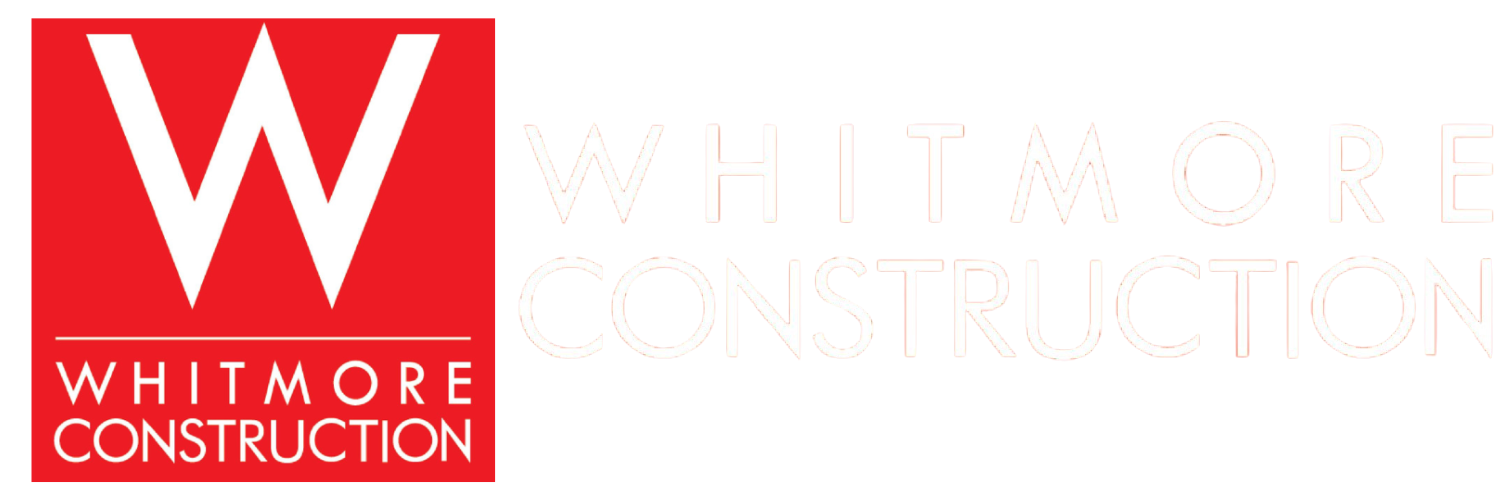 In the fast-paced world of construction, companies often face unpredictable cash flow challenges. Between construction delays, unexpected expenses, and payment terms from clients, keeping finances stable can be difficult. One solution that has gained traction in recent years is invoice factoring. This article delves into what invoice factoring is, how it operates specifically in the Plano area, and why it is increasingly being adopted by construction companies.
In the fast-paced world of construction, companies often face unpredictable cash flow challenges. Between construction delays, unexpected expenses, and payment terms from clients, keeping finances stable can be difficult. One solution that has gained traction in recent years is invoice factoring. This article delves into what invoice factoring is, how it operates specifically in the Plano area, and why it is increasingly being adopted by construction companies.
Understanding Invoice Factoring
Invoice factoring is a financial transaction in which a business sells its accounts receivable to a third party, known as a factor, at a discount. This practice allows companies to access immediate cash without needing to wait for customer payments.
The Basics of Invoice Factoring
The fundamental premise of invoice factoring lies in its ability to convert outstanding invoices into cash. When a construction company completes a project, it issues invoices to clients. In traditional financing, the company has to wait for the payment terms—often 30 to 90 days—to receive the funds. However, with factoring, the company can sell these invoices to a factoring company.
The factoring company then advances a percentage of the invoice amount, typically between 70-90%, allowing the construction business to manage expenses and invest in new projects immediately. Once the client pays the invoice, the factor receives the payment and deducts their fees before remitting the remaining balance to the construction company.
The Role of Invoice Factoring in Construction
In the construction industry, where projects can take weeks or months to complete, invoice factoring plays a crucial role in maintaining a steady cash flow. Many contractors and subcontractors face challenges with payment delays, which can hinder their ability to pay for materials, labor, or other essential overhead costs.
By utilizing invoice factoring, construction businesses can not only improve their liquidity but also enhance their relationships with suppliers by ensuring timely payments. This financial method is especially beneficial in scenarios where waiting for client payments could lead to project delays or disruptions. Moreover, the ability to access funds quickly allows construction firms to seize new opportunities, such as bidding on additional projects or investing in advanced equipment that can increase efficiency and productivity.
Additionally, invoice factoring can provide construction companies with a competitive edge in a crowded market. By maintaining a healthy cash flow, businesses can offer more flexible payment terms to their clients, making their services more attractive. This adaptability can lead to increased client satisfaction and potentially more referrals, further bolstering the company’s reputation and market presence. Furthermore, the factoring process is often faster and less cumbersome than traditional loan applications, allowing businesses to respond swiftly to changing market conditions and capitalize on growth opportunities.
The Benefits of Invoice Factoring for Construction Companies
Utilizing invoice factoring can offer numerous advantages for construction companies, contributing to improved financial stability and operational efficiency.
Improved Cash Flow Management
One of the most significant benefits of invoice factoring is enhanced cash flow management. With access to immediate cash, construction firms can cover unexpected expenses and invest in necessary equipment without depleting their reserves.
This financial flexibility allows companies to respond quickly to new opportunities, such as bidding on additional contracts or hiring extra labor to meet project deadlines. Moreover, reliable cash flow enables businesses to pay suppliers and subcontractors on time, fostering better partnerships and potentially leading to negotiated discounts.
Mitigating Financial Risks
Another substantial advantage of invoice factoring is risk mitigation. Given the volatile nature of the construction industry, many companies face significant risks related to client defaults or payment delays. With invoice factoring, the risk shifts from the construction company to the factoring company.
Since factors usually perform credit checks on clients before agreeing to purchase invoices, construction businesses can reduce the likelihood of incurring bad debt. This added layer of security helps construction firms operate more confidently, knowing that their finances are protected against potential client insolvencies.
How Plano Invoice Factoring Works
Understanding how invoice factoring works specifically within the Plano area can provide construction companies with insights into maximizing its benefits. Many local factoring companies cater specifically to the needs of the construction industry.
The Process of Invoice Factoring in Plano
The process of invoice factoring generally involves several straightforward steps. First, a construction company in Plano identifies the invoices it wishes to factor. Afterward, the company submits these invoices to a factoring firm.
Once evaluated, the factoring company informs the construction firm of the advance amount. After the agreement is reached, the factor disburses cash based on the agreed percentage. This quick turnaround time is particularly advantageous in the construction industry, where liquidity is vital for ongoing projects.
Key Players in Plano’s Invoice Factoring Industry
Plano boasts several reputable invoice factoring companies that understand the specific requirements of construction businesses. These firms specialize in tailored solutions that cater to the distinct challenges that arise in the construction sector.
Some key players include firms that concentrate on factoring for development contractors, specialized niche markets, and broader financial service providers. Engaging with the right partner can offer construction companies customized services that align with their operational demands and objectives.
Choosing the Right Invoice Factoring Service in Plano
Selecting an invoice factoring service can be a vital decision for a construction firm. The right partner can make a significant difference in financial health and project execution.
Factors to Consider
When considering an invoice factoring service, several critical factors should be evaluated:
- Fees and Terms: Understanding the fee structure and contract terms is crucial. This includes rates, duration, and any hidden fees.
- Customer Service: A responsive and knowledgeable team can make the factoring process smoother.
- Industry Experience: Choose a factoring service with experience in the construction industry to ensure they understand the specific needs and challenges.
Avoiding Common Pitfalls
While invoice factoring provides many advantages, there are common pitfalls to be wary of. Companies should avoid signing agreements without a thorough review, as unfavorable terms can lead to long-term financial implications. Additionally, construction firms should be cautious of factors that offer unrealistic funding percentages or overly complex arrangements.
Transparency is key; engage with factors that are upfront about their services and fees, ensuring that all terms are clearly defined and understood before moving forward.
Future of Invoice Factoring in Plano’s Construction Industry
The landscape of invoice factoring is constantly evolving, influenced by trends and challenges present in the construction industry. Recognizing these dynamics can provide insights into future developments.
Emerging Trends
In recent years, advanced technology has begun to play a significant role in the invoice factoring process, including automated underwriting and digital platforms for invoice submission. These innovations streamline the factoring process, reducing time and costs associated with obtaining funding.
Additionally, environmental sustainability is becoming a focal point in the construction sector, prompting factoring firms to explore factoring agreements that support green construction initiatives. This growing intersection of finance and sustainability can pave the way for new funding opportunities.
Potential Challenges and Solutions
Despite the benefits, challenges do exist. For example, an economic downturn can lead to increased client defaults, thus affecting the factoring industry. Construction companies need to remain vigilant in assessing their clientele and diversifying their client bases to mitigate potential risks.
In conclusion, the future of invoice factoring in the construction industry looks promising, with continued innovation and adaptation paving the way for enhanced financial solutions for construction companies in Plano.
As you navigate the complexities of maintaining a robust cash flow in the construction industry, consider partnering with Whitmore Construction for a seamless solution. Our commitment to excellence ensures that your project will be handled with the utmost care, leveraging our in-house services and collaborations with expert vendors. Whether your project is local or spans nationwide, our experienced and fully insured teams are prepared to meet your utility construction needs, from Fiber to the Home (FTTH) network deployments to challenging aerial plant environments. With a proven track record of thousands of miles of successful installations, we are your go-to experts for underground construction and specialized utility relocation engineering. Don’t let financial uncertainties slow down your progress. Start Now! and take the first step towards financial stability and continued success with Whitmore Construction.
